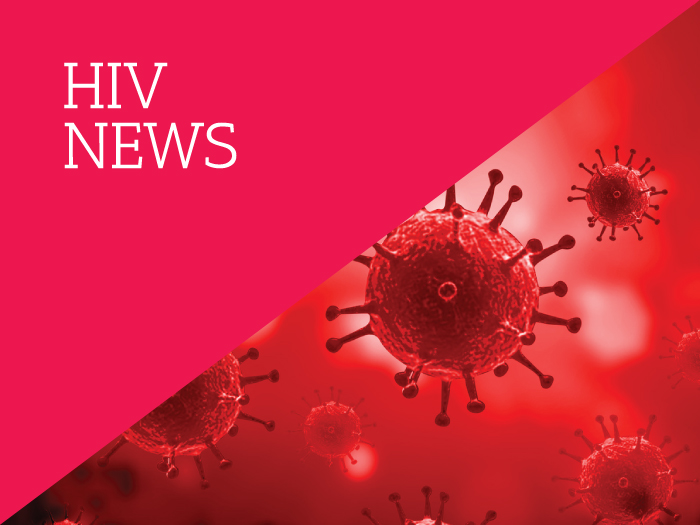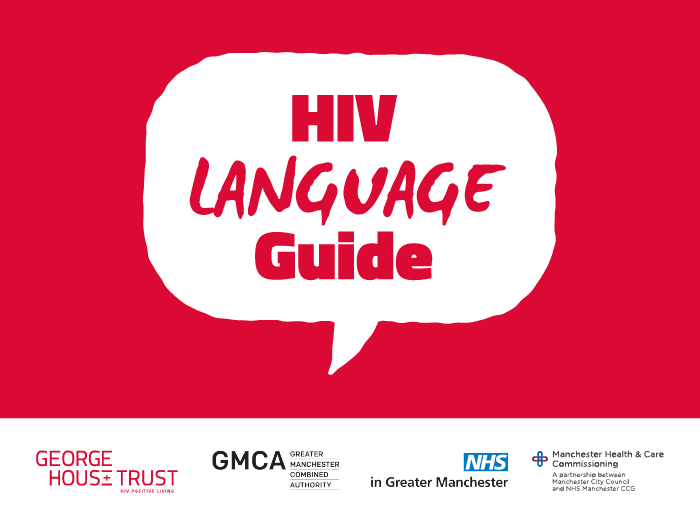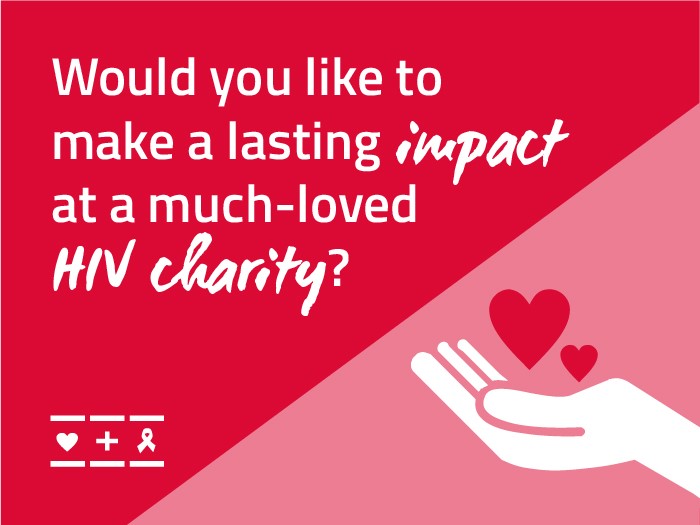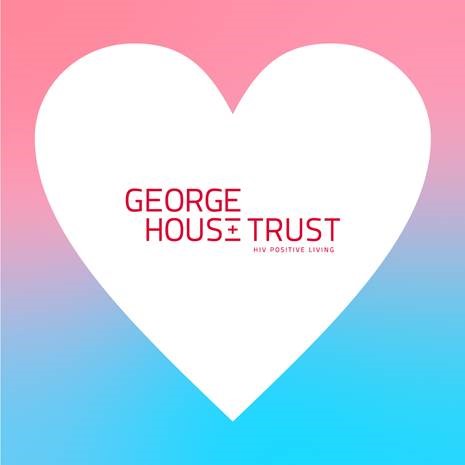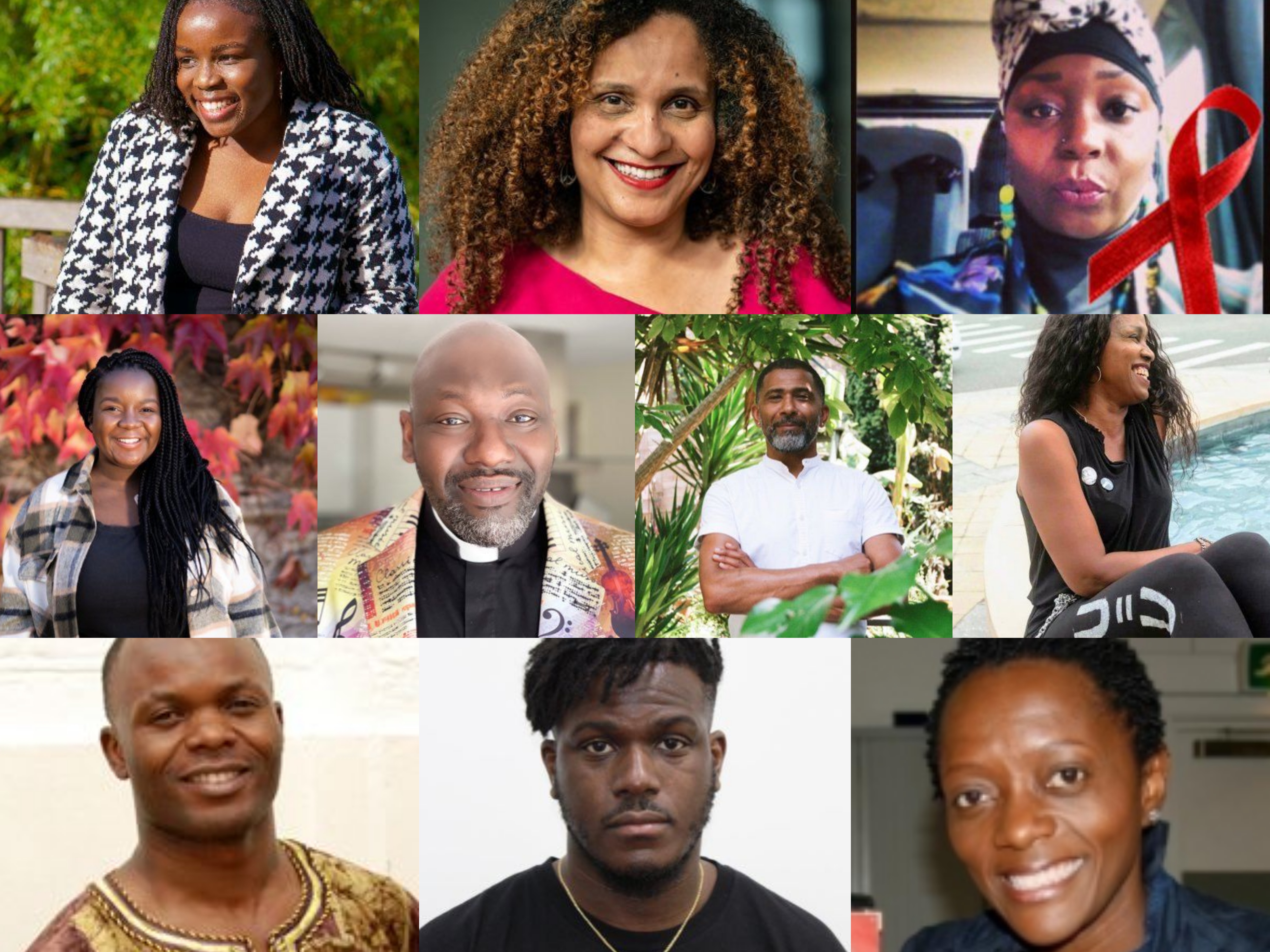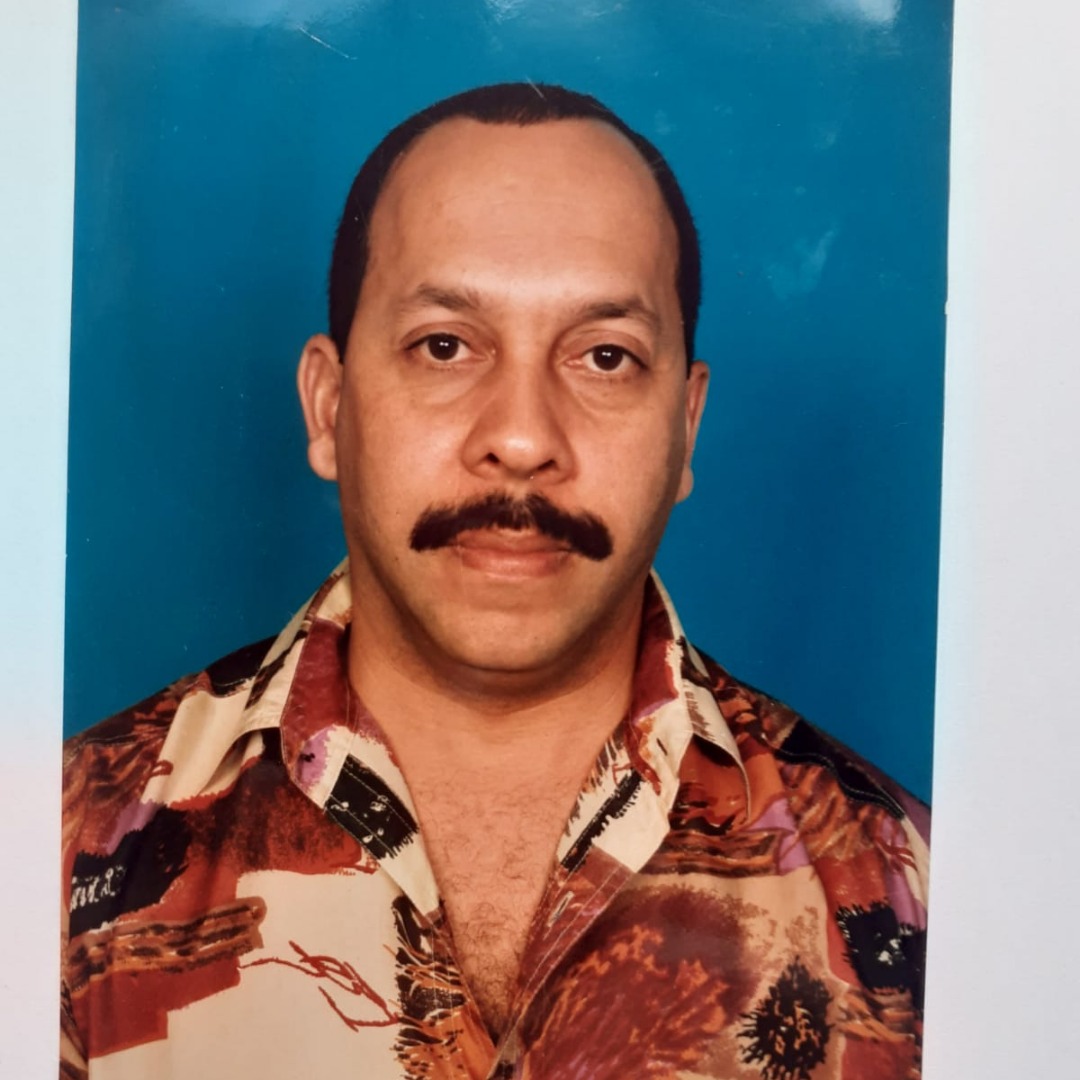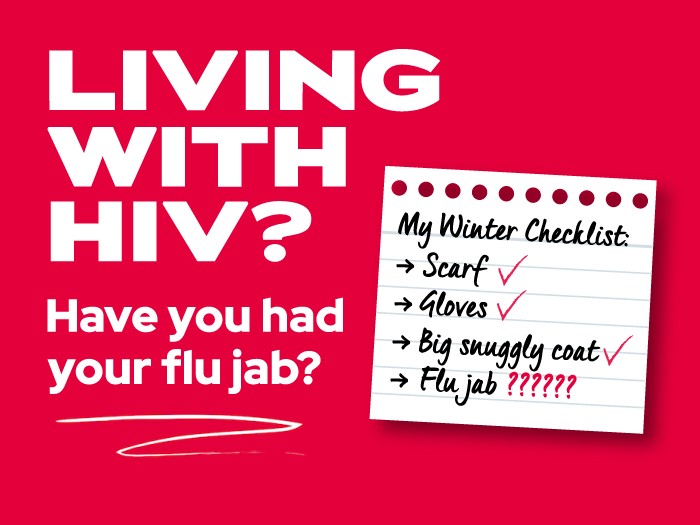Black History Month 2021: Yvonne Richards' HIV Heroes and Sheroes
Yvonne is an HIV activist and volunteers at George House Trust.
 "This group of people show me how to live my best life. In the HIV arena, they stand as very visible icons, continuing the tradition of fighting for the rights of black people to step into their humanity. I hope you enjoy discovering and celebrating them as much as I have....."
"This group of people show me how to live my best life. In the HIV arena, they stand as very visible icons, continuing the tradition of fighting for the rights of black people to step into their humanity. I hope you enjoy discovering and celebrating them as much as I have....."
Read Yvonne's introduction to this blog post here.
Susan Cole-Haley
 Susan Cole-Haley is an award-winning HIV activist, writer, broadcaster, and speaker.
Susan Cole-Haley is an award-winning HIV activist, writer, broadcaster, and speaker.
She produces and hosts the award-winning series aidsmapLIVE, which has a global audience.
Susan is an advocate for the rights of people living with HIV and is particularly passionate about health inequalities which affect people from Black communities living with HIV.
Davina Conner

Davina is an international speaker, podcast host and an HIV advocate, activist and campaigner. Her aim is to inspire and motivate other and change the narrative on how HIV is looked at.
She is a founding member of the Prevention access campaign (UequalsU), an ambassador of U=U, a 2020 Leading Women’s Society Alumni, and a former Denver HIV planning Council member.
LeaSuwanna Griffith

LeaSuwanna is a HIV activist and campaigner (Act Up London, HIV Voices, Her Story & Changing Perception) and a trained HIV peer mentor. She is a Trustee at Positively UK and Centre for All Families Positive Health.
She is also a patient representative for the Royal College of Physicians, Newham CCG, Sir Ludwig Guttman Centre Patient Forum, GP Patient rep & HIV CRG sub group. Most recently LeaSuwanna is a Bart’s Health NHS Trust Nursing Associate apprentice.
Bakita Kasadha

Bakita is a poet and a health writer for the British Journal of Healthcare Management, Glamour, Metro, gal-dem and others.
Her poetry has been commissioned for the 40th anniversary of the UK AIDS Memorial Quilt, Sainsbury’s Black History Month campaign, National Stephen Lawrence Day.
She is a researcher at the University of Oxford, working on an HIV and infant-feeding project, and is co-editing a special collection on women and HIV.
Rev Jide Macaulay

Reverend Jide Macaulay is the founding Pastor and CEO of House Of Rainbow CIC. He is an openly gay British-Nigerian, a Christian minister since 1998 and serves on a number of advisory boards.
Reverend Jide ia an inspirational speaker, author, poet, pastor, preacher, HIV Positive Activist, and campaigner for HIV, LGBTQI+ and social justice causes.
Denis Onyango

Denis is Programmes Director at Africa Advocacy Foundation.
He is a strong advocate for the rights of people living with HIV, and campaigns on a wide range of social justice and human rights issues.
He is involved in healthcare policy work both nationally and internationally and serves on several advisory boards.
Phil Samba

Phil is a social activist, researcher, writer and speaker.
He promotes knowledge about sexual health and prevention, and is passionate about addressing the specific sexual health needs of queer men of colour.
He is the strategic lead for PrEP 4 Queer Men Of Colour at Prepster and The Love tank CIC.
Mercy Shibemba

Mercy is an award-winning activist, who advocates for young people living with HIV.
She works on youth engagement and participation in clinical trials, research and charities supporting young people.
She is Co-Chair of The Sophia Forum, working to improve the rights, health, welfare and dignity of women living with HIV.
Winnie Sseruma

Winnie Ssanyu Sseruma is a freelance consultant and HIV treatment activist, who has led various organisations and served on many advisory boards.
She is known for highlighting the impact of HIV on women and people living with HIV, and for providing expertise to community organisations responding to issues of social justice, women’s leadership and HIV.
Marc Thompson

Marc is the current Director of The Love Tank, and co-founded both PrEPster and BlackOut UK.
He's a skilled trainer, public speaker, activist and adovcate.
Marc is a prominent activist for HIV and sexual health in the UK, and has campaigned on key issues like HIV Peer support, PrEP, U=U and social justice.
18th October 2021
Black History Month: Yvonne's HIV Heroes
Black History Month: Celebration Event
Robert's Black History Month Blog
